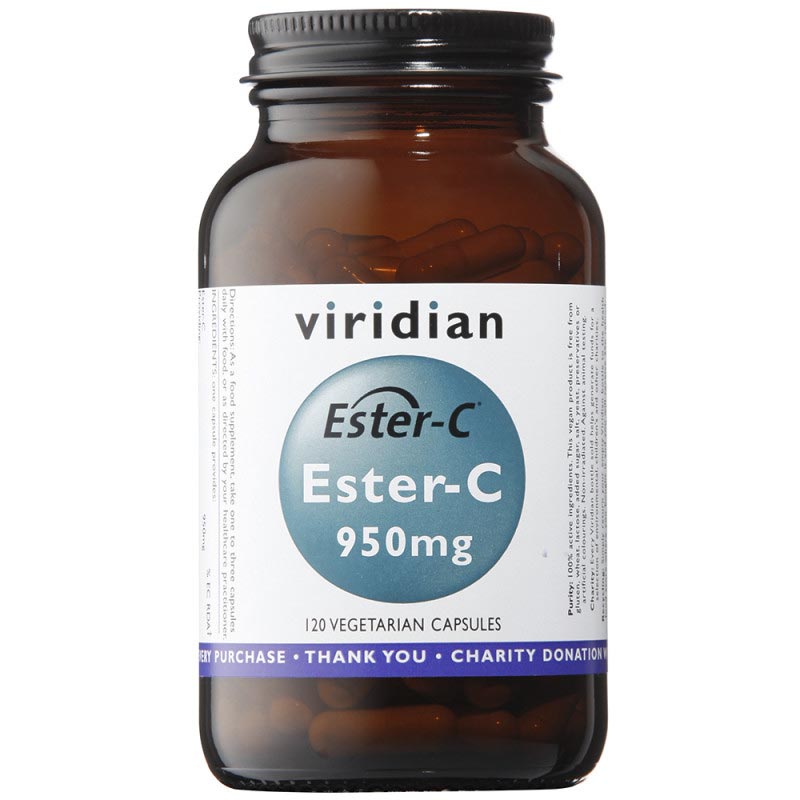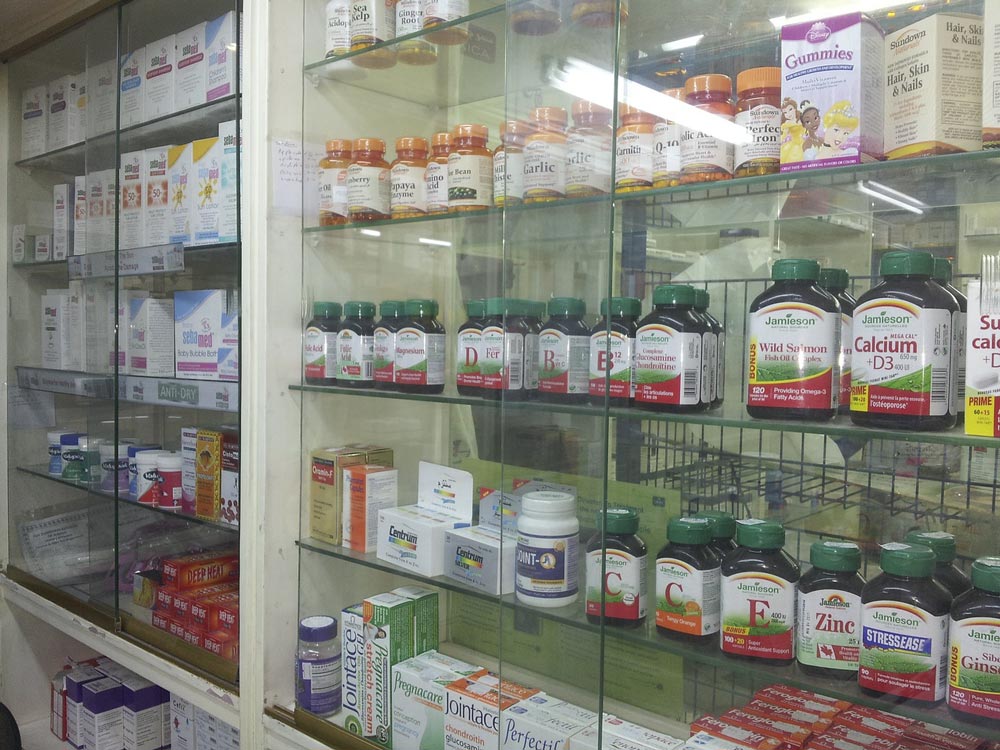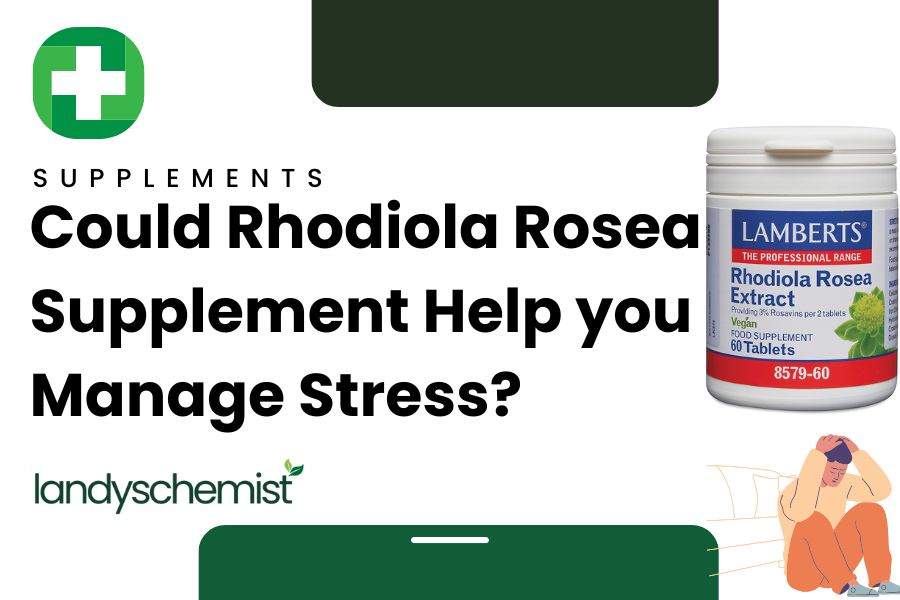
What Is Vitamin C Serum And Why Should I Use It?
By Panasha Desai, Pharmacist (GPhC 2071387)
While Vitamin C serum has become all the rage for anti-ageing beauty product purposes it can also help with certain skin conditions. In this article we look at the benefits of complementing your vitamin C intake with a serum to help you on both the inside and outside, providing suggestions for the conditions that it might work best with, including:
- Acne Prone Skin
- Oily Skin
- Dark Spots
- Dry Lips
- Ageing Skin
- Psoriasis
What Is Vitamin C?

Vitamin C is crucial to keeping your cells robust and strong. As part of this it helps to maintain healthy skin, bones, cartilage and blood vessels. It is particularly important in the healing process and is often used to help repair scar tissue and skin damage. It is this part of vitamin C that has been picked up on over recent years as an important skin care product, boosting collagen, protecting against pollution and sun damage and fending off lines and wrinkles.
Vitamin C serum and Vitamin C are two completely different products – however if you have certain skin conditions they can complement each other. Where vitamin C supplements can help build immunity on the inside, Vitamin C serum helps people to nurture their skin from the outside, particularly if they suffer from particular skin conditions.
Conditions Vitamin C Can Help With:

Acne Prone Skin
Taking vitamin C can help reduce the redness of acne prone skin. This is partly by calming the inflammation and party by building up cells, such as blood capillaries. Vitamin C serum can also help, but you need to make sure that it contains a specific form of vitamin C known as palmityl ascorbate. Exfoliate prior to using the serum to ensure that the serum is absorbed as well as possible by the skin.
Oily Skin
Applying serum to oily skin won’t necessarily make your skin produce more oil – it depends what is causing the oily skin in the first place. Using a serum is different to other skin products because the molecules are smaller and penetrate the skin better. With Vitamin C serum this helps it to do its job better in providing hydration and skin cell nourishment.
Dark Spots
As a powerful antioxidant Vitamin C neutralises the free radicals that damage your skin from sun exposure. As part of its ability to help with cell regeneration it also helps your body to repair damaged skin cells. While a higher concentration of vitamin C in a serum can make dark spots fade faster, they can often cause irritation. It is therefore always recommended that you start with a lighter concentration and see how your skin reacts before applying too high a concentration to your skin from the outset.
The amazing thing about Vitamin C serum is that it doesn’t just lighten dark spot pigmentation, but also prevents it from occurring in the future, so it should be used in the long term rather than just as a short term fix.
Dry Lips
Many of us don’t pay so much attention to our lips but they are a sensitive part of our body and vulnerable to sun exposure and early ageing. Vitamin C serums are said to make lips feel plumper as well as reduce discolouration. Vitamin C serums’ natural hydration also stops your lips from drying out so frequently.
Anti-Ageing
Vitamin C serum hit the shops for its ability to reduce fine lines and wrinkles as well as repair sun damage. If you are looking for an anti ageing serum, it is an absolute no brainer to ensure that you use Vitamin C. It is also known to protect your skin from environmental aggressors such as pollution and to support collagen production - overall making your skin appear firmer, brighter and… you guessed it… younger!
Psoriasis
For those with painful skin conditions such as psoriasis it is even more important to ensure that your body is able to work at its optimum and as such it is recommended that you take multi vitamin supplements (with vitamin c supplements being an important factor). However, as detailed by the National Psoriasis Foundation, there is no direct link shown between vitamins and psoriatic disease.
If you have eczema, psoriasis or other skin conditions, such as dermatitis, it is important to do skin patch testing when using a new product. You should also discuss this with your medical advisor, who should have a strong understanding of the severity of your condition and how you might approach using certain vitamin c serums and products.
Can I Use It When I Am Pregnant?

Absolutely. In fact vitamin c serum will be fantastic for nourishing stretched skin. However, as with all products during pregnancy it is important to make sure you don’t overdo your body’s exposure to certain products – particularly if you are considering taking vitamin C supplements.
How Do I Get the Correct Intake Of Vitamin C?

As discovered by James Lind all those years ago, vitamin C is crucial to our bodies to protect against horrific conditions such as scurvy. While Vitamin C serum can be used to repair and prevent skin damage on the outside, it is important that you ensure you have a sufficient amount of vitamin C internally. This can be done by eating Vitamin C rich foods such as:
- Citrus Fruits
- Kiwis
- Tomatoes
- Broccoli
- Berries
But it can also be done through taking a supplement.
LANDYS RECOMMENDS
If you’re looking for a great vitamin C supplement, free from animal products and ethically and organically produced from source to bottling, we recommend Viridian Extra C 550mg Veg Caps 90. Extra C is a high potency form of vitamin C that is buffered to make it gentler on the stomach and thus more absorbable and more affective.
When Should I Use Vitamin C Serum / Take My Vitamin C Supplement?

Anyone can use vitamin C serum, but given its properties for defending skin from pollutants most people will look to use it first thing in the morning. While you can use it on all parts of your body, the serum tends to be used on the face.
When taking vitamin C supplements you should ensure that you take them with a meal to help your body to absorb them and make lighter work on your stomach.
When starting out with a vitamin C serum it can be tempting to think that bigger is better – but it is actually better to start with a lighter concentration. Use it on freshly cleaned skin and allow it to soak into the skin before adding any moisturiser. You don’t necessarily need to use it daily - some physicians recommend every 48 to 72 hours but it depends on the concentration of the serum that you choose to use.
How To Store Vitamin C Tablets And Vitamin C Serum

As with all vitamins you should store your vitamin C tablets in a cool dry place, at room temperature. It is important that you keep Vitamin C serum out of direct sunlight, in a cool dark place - the fridge would be a good place, rather than a bathroom which can alter in both humidity and temperature with its usage.
It is also important to make sure that you put the lid on correctly after every use to ensure that it doesn’t react with the oxygen and break down the unique formula. Vitamin C Serum typically doesn’t last for very long - between four and six months, so ensuring that it is stored correctly is crucial to making sure that it lasts its lifetime.
Where Can I Find Out More?

If you have any other skin conditions that we don’t mention above, talk to your dermatologist or pharmacist about the benefits of vitamin C supplements and what a Vitamin C Serum might be able to achieve for you.
Disclaimer
The products offered are not intended to diagnose, treat, cure, or prevent any illness or disease, or to replace the advice of a medical professional. Results are not guaranteed and may vary from individual to individual.




